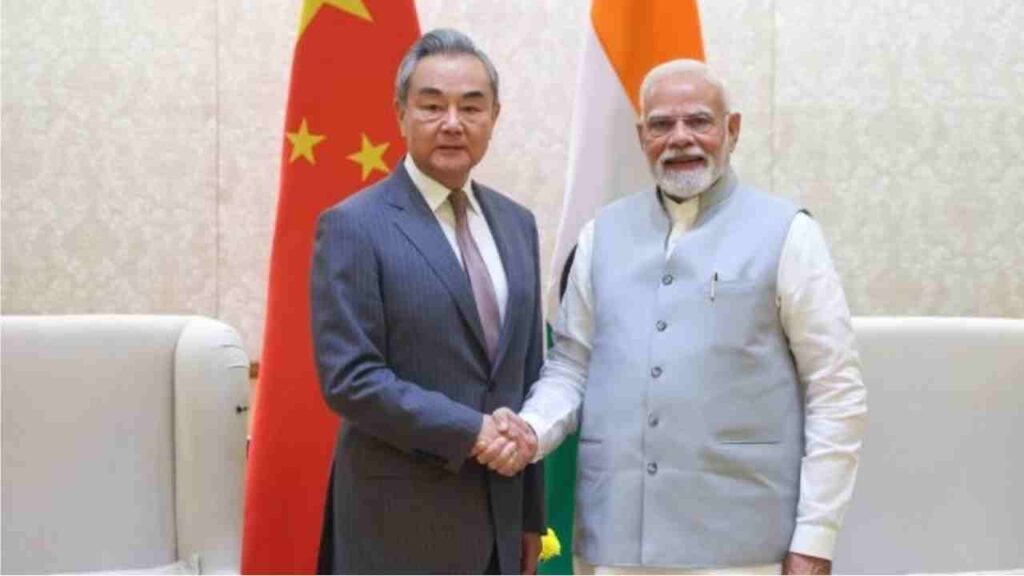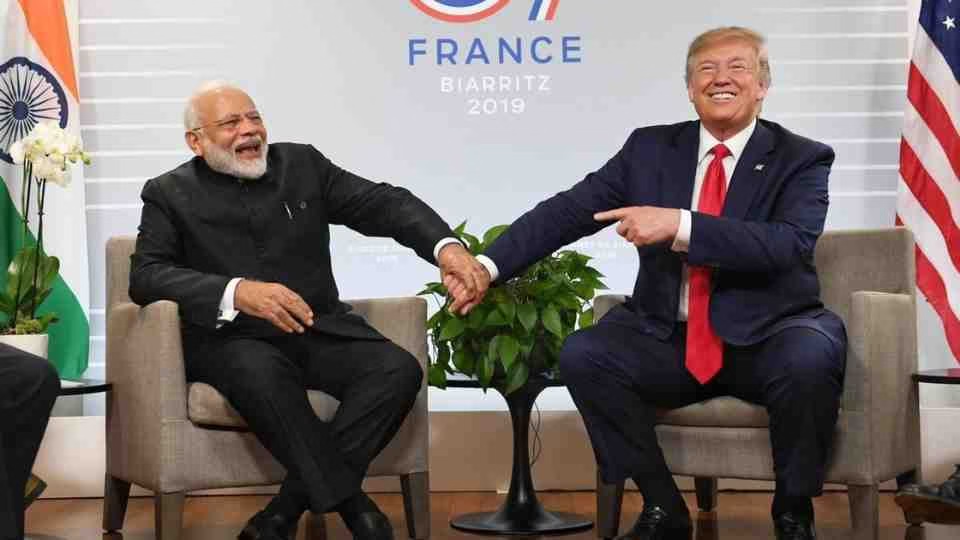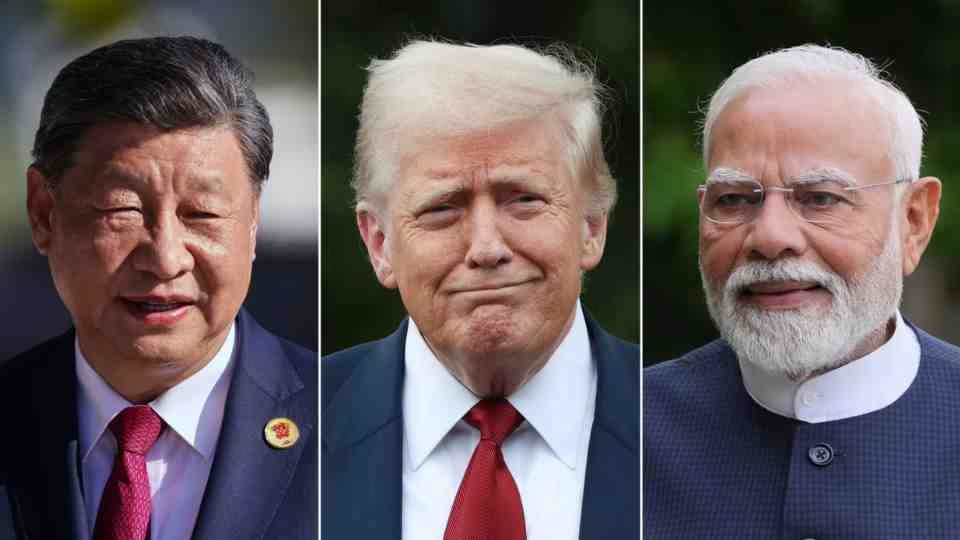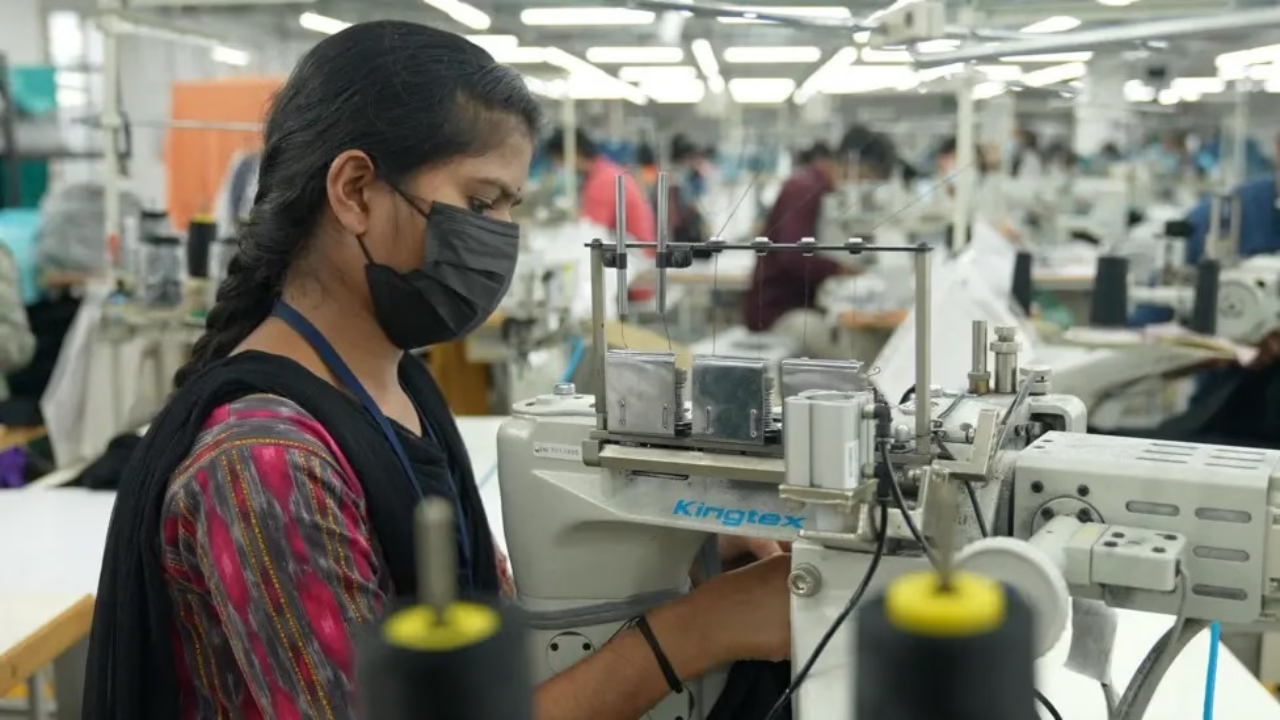Prime Minister Narendra Modi expressed eagerness to meet Chinese President Xi Jinping at the upcoming Shanghai Cooperation Organisation summit in Tianjin, scheduled for August 31-September 1. This anticipated meeting represents a significant milestone in the gradual restoration of India-China relations after five years of tense border disputes.
Key Breakthrough Agreements
During Chinese Foreign Minister Wang Yi’s recent visit to New Delhi, both nations reached several important agreements aimed at normalizing bilateral ties:
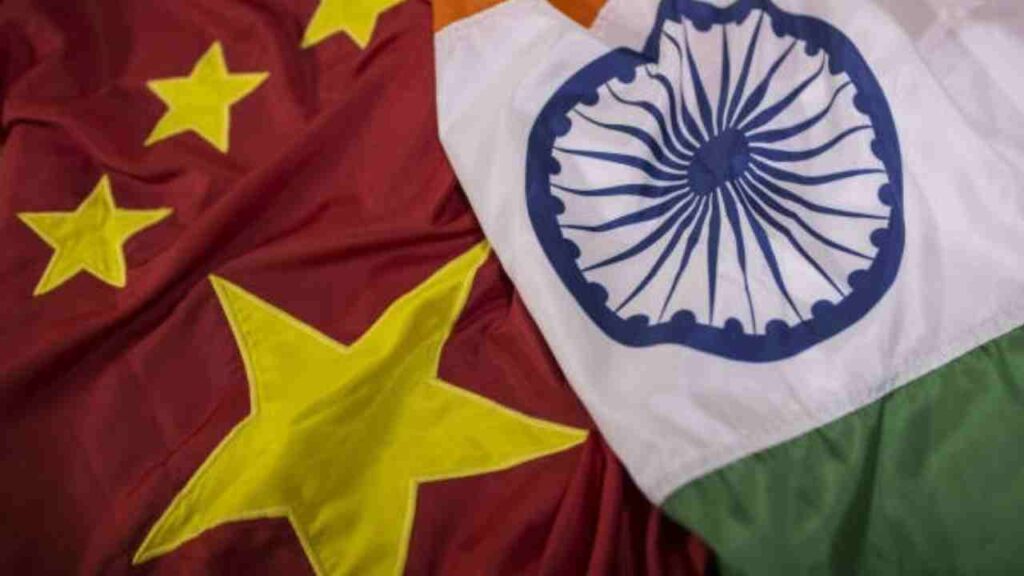
Border Management and Security
- Creation of three new mechanisms to handle border issues
- Formation of an “Expert Group” under the existing Working Mechanism for Consultation and Coordination on India-China Border Affairs to explore early progress in boundary delimitation
- Establishment of a new Working Group focused on effective border management
- Introduction of General Level Mechanisms for Eastern and Middle Sectors, complementing the existing Western Sector mechanism
Economic and Travel Cooperation
- Resumption of direct flights between mainland China and India, with plans to finalize an updated Air Services Agreement
- Reopening of border trade through three designated points: Lipulekh Pass, Shipki La Pass, and Nathu La Pass
- Simplified visa procedures for tourists, business travelers, media personnel, and other visitors
- Measures to facilitate increased trade and investment flows
Strategic Partnerships
China committed to addressing India’s specific needs for fertilizers, rare earth materials, and tunnel boring machines. Both countries also agreed to support each other’s upcoming diplomatic events, with China backing India’s 2026 BRICS Summit hosting and India supporting China’s 2027 BRICS Summit.
Addressing Key Concerns

Water Resources and Environmental Issues
The discussions included cooperation on trans-border rivers, with China agreeing to share crucial hydrological information during emergencies for humanitarian purposes. However, India raised serious concerns about China’s mega dam construction project on the Yarlung Tsangpo (Brahmaputra river), emphasizing the need for complete transparency given its potential impact on downstream nations.
Security Cooperation
India strongly emphasized the importance of combating terrorism in all forms, including cross-border terrorism. Chinese Foreign Minister Wang Yi agreed that counter-terrorism efforts should receive the highest priority, aligning with the original objectives of the Shanghai Cooperation Organisation.
Progress Since Kazan Meeting
The current developments build upon the foundation established during Modi and Xi’s meeting in Kazan, Russia, in October of the previous year. That encounter marked a turning point in bilateral relations, setting a “new trend” that has led to substantial improvements in engagement between the two nations.
National Security Advisor Ajit Doval noted that the border situation has remained “quiet” and highlighted the “upward trend” in bilateral relations since the Kazan meeting. The 23rd Special Representative-level talks have successfully maintained peace and tranquility in border areas.
Looking Forward
Prime Minister Modi emphasized that “stable, predictable, constructive ties between India and China will contribute significantly to regional as well as global peace and prosperity.” Both nations have committed to implementing the common understandings reached by their leaders and promoting sustained, steady development of their relationship.
The countries also plan to commemorate the 75th anniversary of their diplomatic relations in 2025 and will resume various official bilateral dialogue mechanisms, including the Third Meeting of the India-China High-level Mechanism on People-to-People Exchanges, scheduled for India in 2026.
In the context of global economic challenges, both nations reaffirmed their commitment to multilateralism, maintaining a rules-based international trading system centered on the World Trade Organization, and promoting a multipolar world that protects developing countries’ interests.
Chinese Foreign Minister Wang Yi acknowledged that the previous years’ setbacks “were not in the interests of the people of our two countries” and expressed satisfaction with the restored stability along the borders. This pragmatic approach signals both nations’ determination to move beyond past disputes toward a more cooperative future.

